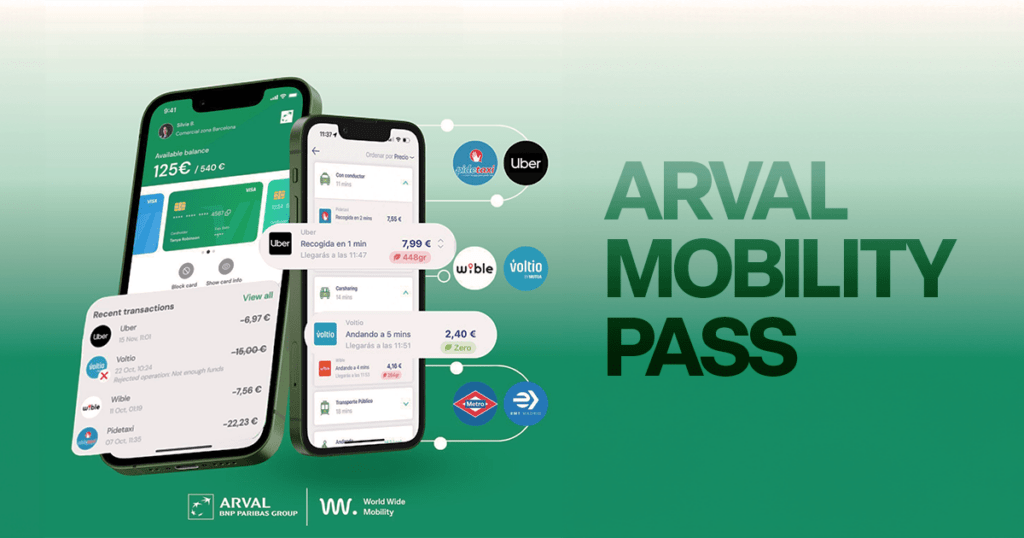After Berlin, Paris, Helsinki, Jakarta… Another capital is set to enter the era of Mobility as a Service (MaaS). Athens has announced its active commitment to implementing a pilot project for mobility as a service. This ambitious endeavor includes modernizing the entire public transport system of the city. The initiative primarily aims to simplify the daily life of city dwellers and tourists, focusing on enhancing efficiency and interconnectivity. These key pillars were identified following a successful experimental phase under the IP4MaaS innovation program.
> Access to the first global mapping of over 200 MaaS experts”>
Enhanced interconnectivity in Athens
In its modernization drive, Athens is poised to revolutionize its public transport by adopting digital payments. Transport for Athens (OASA), the city’s main operator, plans to implement an automated payment system that allows access via bank cards and mobile devices.
This innovative initiative will enable Transport for Athens to automatically determine the most advantageous fare for each journey, thus optimizing user experience with increased speed and fluidity, while minimizing physical interactions – a particularly relevant aspect in our post-pandemic era! An approach has already been embraced by KTEL, the intercity bus network, which has implemented a contactless payment system in 33 Greek cities and islands since May 2023.
This feature is extremely useful for passengers not familiar with Athens’ transport system, such as visitors from other cities and tourists.
Transport for Athens (OASA)
Additionally, the Athenian operator plans to develop a multimodal ticketing system, a key element in the successful implementation of any MaaS application. This advanced system aims to connect various mobility partner applications, including taxi services, electric bike rentals, and airline and maritime companies. A system test is scheduled on the airport express bus lines by the end of March 2024, with full implementation expected by the end of the year.
The logical next step after an initial test phase
As hinted at in the introduction, this transition to MaaS stems from the “IP4MaaS” innovation project, funded by the EU. This project aims to accelerate the adoption of mobility as a service across Europe. It includes a series of mobility tests involving various transport operators in six key European sites: Athens in Greece, Barcelona in Spain, Warsaw in Poland, Padua in Italy, Osijek in Croatia, and Liberec in the Czech Republic.
Specifically in Athens, the goal of these trials was to enhance multimodality through the “Travel Companion” application. This multimodal app allowed for the planning and booking of journeys. It integrated several local players, including the Athens public transport operator (OASA), the Athens Metro (Iráklio), TAXIWAY taxi company, and BRAINBOX bike rental company.
To read also :
“Public transport authorities : the 3 requirements before taking the plunge into MaaS”
An instructive and conclusive experiment
The IP4MaaS project conducted two test phases, in July 2022 and March 2023, yielding valuable insights. Beta testers generally welcomed the idea of a MaaS application in Athens. This popularity highlights the growing interest in this type of solution. However, the experiment revealed several challenges, including:
- Need to develop simple tools fully translated into the local language for end-users.
- Importance of interoperability and deep integration of various transport operators.
- Priority of a stable technical environment, especially regarding APIs, GTFS/NetEX data, etc.
These feedback will help refine the next MaaS application, making it as user-friendly and intuitive as possible.





